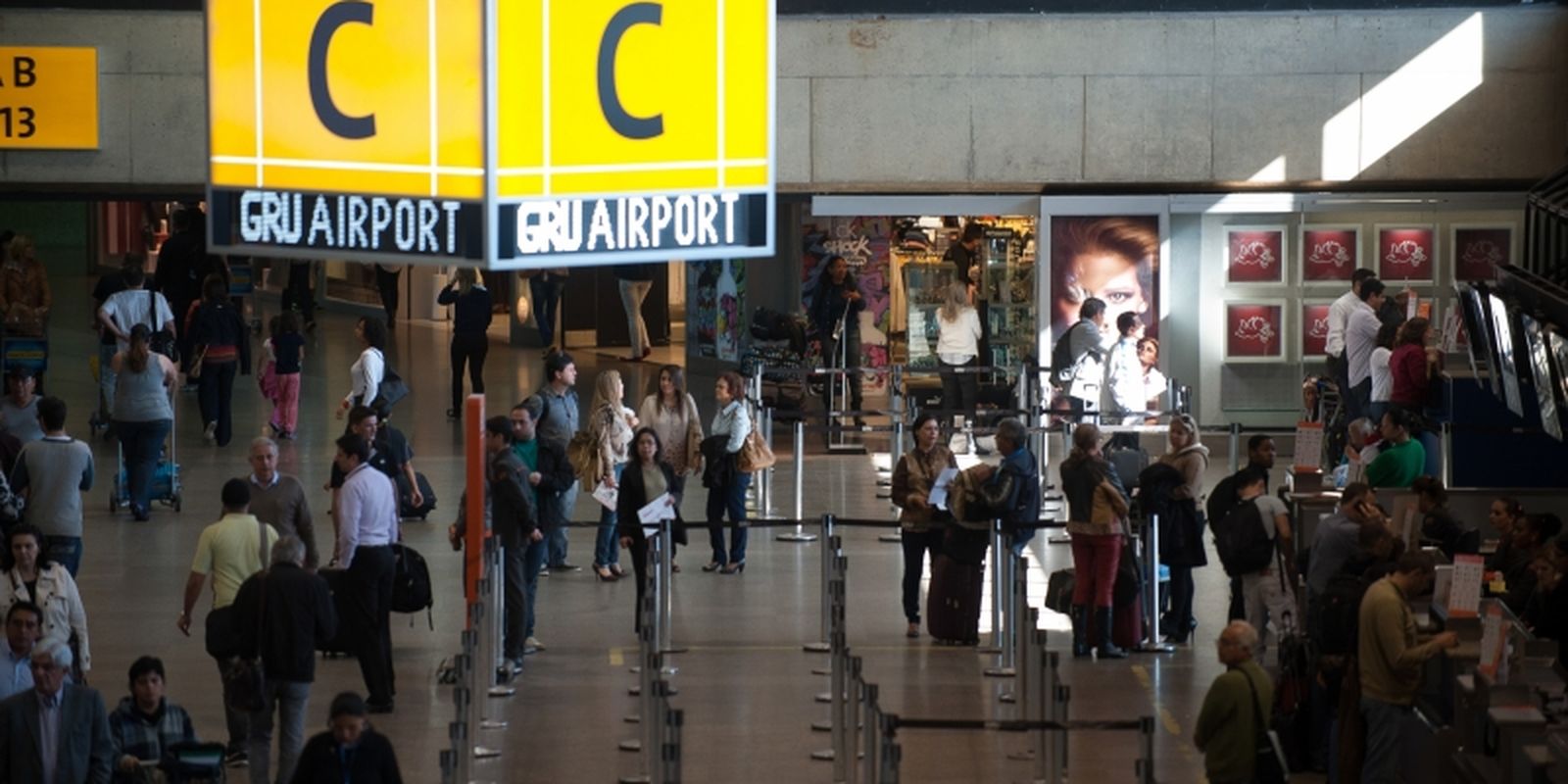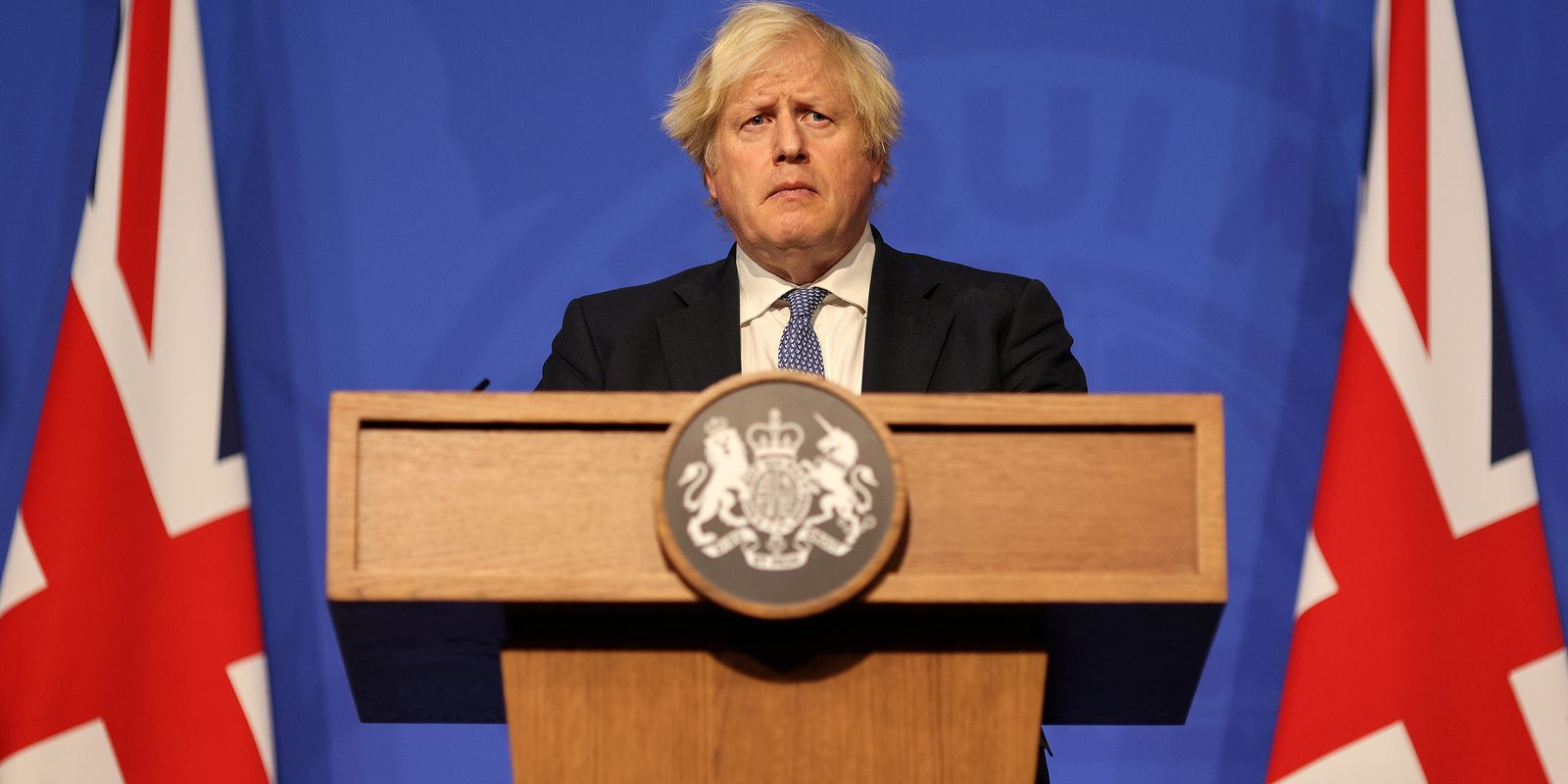Complete and structural reform of the environmental licensing policy, review the composition of the sectoral chambers of the State Council for Environmental Policy (Copam), in particular the Chamber of Mining Activities (CMI) and the advisory councils of the State Conservation Units (UC).
This was the main guideline extracted from the meeting that the Public Administration Commission of the Legislative Assembly of Minas Gerais (ALMG) held this Tuesday (30/8/22). At the request of MP Beatriz Cerqueira (PT), the public hearing heard representatives of entities working in the environmental and social fields, in addition to the Comptroller General of the State.
See the outcome and watch the full meeting video.
Maria Teresa Corujo, former adviser to the CMI, who participated in 42 meetings of the body until March 2019, summarized the concerns of the guests. According to him, if nothing is done to reformulate these instances of participation in environmental agencies, the consequences could be “overwhelming”. This would include more tragedies like those of Mariana (Center) and Brumadinho (Metropolitan Region of Belo Horizonte), in addition to collapsing water and general chaos.
Risks at Brumadinho
She recalled her participation and that of Professor Júlio César Grillo, in December 2018, at Copam CMI, 45 days before the collapse of the Córrego do Feijão dam. He recalled that the two men had warned of the risks presented by the structure and were against granting a license to Vale to continue mining at the site. But the two councilors were outvoted and the opinion of the others who formed the majority within the CMI prevailed.
For Maria Gomes Andrade, of the Popular Movement for Sovereignty in Mines (MAM), facts like this show how historical and structural the problem is, revealing the overvaluation of the mining sector in the state which has mines even in its name. This attitude, she says, is evident in other decisions taken by the State Secretariat for Environment and Sustainable Development (Semad), such as in the case of mining in Serra do Curral.
anti environment
“Semad acts as an anti-environmental agency, which seeks to facilitate the interests of mining companies. Thus, if the requests of the State are only met by the companies in a formal way, that is enough for Semad to approve”, he criticized.
She also mentioned the Minas-Rio project, launched in 2014 in Conceição do Mato Dentro (Center), considered openly biased: “This license is almost a case study on how the process works, in which slicing is applied: you allow a small part instead of evaluating the whole project, which encompasses 30 years of mining”.
Germany
The representative of the Permanent Forum of São Francisco, Júlio César Grillo, underlined the difference between the composition of the bodies representing civil society in Brazil and in Germany. While here, only he and Maria Tereza Corujo represented the minority within the CMI, in this country the composition of these bodies is truly equal: 50% representatives from the various governmental spheres and 50% representing civil society associations. “Economic power can even make itself heard, but it has no voice in the councils,” he said.
Camila Magalhães Leal, counselor for the Jardim Canadá community association in Serra do Rola Moça State Park, complained that the Decree 47.941, of 2020, removed the power of the UC management board to give an opinion on projects in its own area. He recalled that in the processes in Serra do Curral and Mina de Jangada, the councils gave their opinion against the mining projects, but the State authorized them. “His active voice has been removed from the councils. We are totally ignored in our decisions,” he lamented.
The government defines who supervises and how
Gustavo Gazzinelli, from the Civil Society Crisis Office/Socio-Environmental Justice and Information Platform, detected another problem at Copam. According to him, there are representatives of “first category” – members of the State and public companies and of the Federation of Industries of Minas Gerais (Fiemg) – and of “second category”, those of civil society. Only the latter is not eligible for re-election, while the State and the Fiemg can always retain the same representatives.
Another misrepresentation, according to him, is the definition by the government of more relevant projects, which are transmitted to the Superintendency of priority projects of Semad. With this status, these projects “skip” several steps in the licensing process. To complete the picture, Gazzinelli cited Federal Law 13874 of 2019, the so-called Economic Freedom Act. In general, he explains, the rule provides that in all of the company’s claims to the government, the latter must treat it with the presumption of innocence, even if it is a mining company.
Disclaimer
The ecologist was nevertheless surprised by the position present in almost all the technical and legal opinions of the State, in which theStaff bodies and teams are exempt from technical responsibility for environmental studies, which is fully transferred to companies. In addition, the Public Prosecutor’s Office is responsible for defending this public official involved in the authorization processes. “Today we have a system where no one is responsible for what they do,” he said.
In defense of Serra do Curral
Finally, Gustavo Gazzinelli announced the act that will take place this Friday (2/9), in defense of Serra do Curral.
runaway system
In the opinion of Jeanine Oliveira, of the Projeto Manuelzão and of the Movimento Mexeu com a Serra do Curral Mexeu Comigo, the state’s environmental system is out of whack and it’s intentional: “Igam has 30% inconsistent grant data. The IEF does not have the technical staff to manage the State protected areas. Feam does not inspect. And Copam, which is the only participatory body within the structure, presents these serious problems revealed here”.
The control raises 10 points to improve the Copam
After hearing the criticisms, Rodrigo Fontenelle Miranda, Comptroller General of the State, pointed out that 10 points were raised to be implemented to improve the governance of Copam. A 2019 report by the Comptroller General of the State (CGE) showed that over 90% of advisory council votes were in favor of approving mining companies.
This percentage denotes a partial performance of these bodies, to the detriment of the protection of the environment and the community. “It was the first time that the CGE addressed this subject and in the end, we evaluated 32 of these participatory bodies, including Copam”, Underline. He added that out of the 10 points detected, eight have been followed up by Semad and that the other two have a deadline until the end of the year to respond. “We are here to build solutions and I am available to receive your suggestions for improvements,” he concluded.
Mining advance
Despite the message left by the government representative, MP Beatriz Cerqueira criticized the “abyss” that separates the decisions of Copam and other representative bodies from what would be the interest of society. For her, this is a serious situation in which government interests merge with mining interests. “The Zema government is coming to an end, and what we have seen is the strengthening of this strategic relationship between the mine and the state, with the advancement of the sector without the protection of our territories”, he said. -he criticizes.








